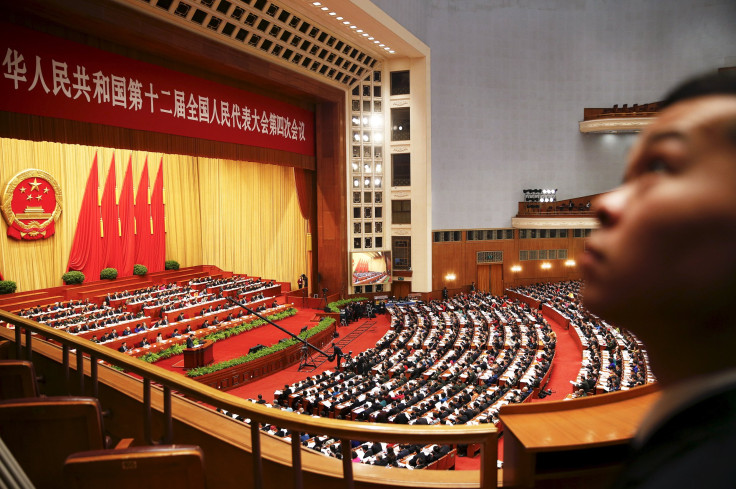China Top Economic Planner Details Global Economic Risks, Mixed Ownership Programs

China is not headed for a hard economic landing, the country's top economic planner said Sunday while charting out deeper reforms for its vast state-owned enterprises, such as the launch of several mixed ownership pilot programs in the oil, natural gas and rail sectors.
As China looks to shift away from its dependence on manufacturing, it would restructure its state-owned companies and moderately increase investment in infrastructure and public services, Xu Shaoshi, head of the National Development and Reform Commission, reportedly said Sunday. He was speaking at China’s National People’s Congress 2016 plenary session in Beijing.
Terming last year’s economic performance as “sanguine,” Xu said the world’s second-largest economy would not see another upsurge in layoffs — like the one in the 1990s — as China looks to dial back excessive production and lays off redundant workers.
China has about 150,000 state-owned enterprises that employ over 30 million people, Reuters reported, citing state-owned Xinhua news service.
While early indicators like rising consumer prices and power generation showed a positive start to the year, Xu warned that a slowly-recovering world economy, falling prices of bulk commodities and geopolitical risks posed a threat to China's economic growth.
However, Xu maintained that "China will absolutely not experience a hard landing," adding that Asia’s largest economy would not drag down the world’s economy.
"You need to look at the situation objectively. These predictions of a hard landing are destined to come to nothing," he said.
On Saturday, Chinese Premier Li Keqiang released the annual government work report — a blueprint of China’s economic aspirations — which projected a growth target between 6.5 percent to 7 percent in 2016.
© Copyright IBTimes 2025. All rights reserved.





















